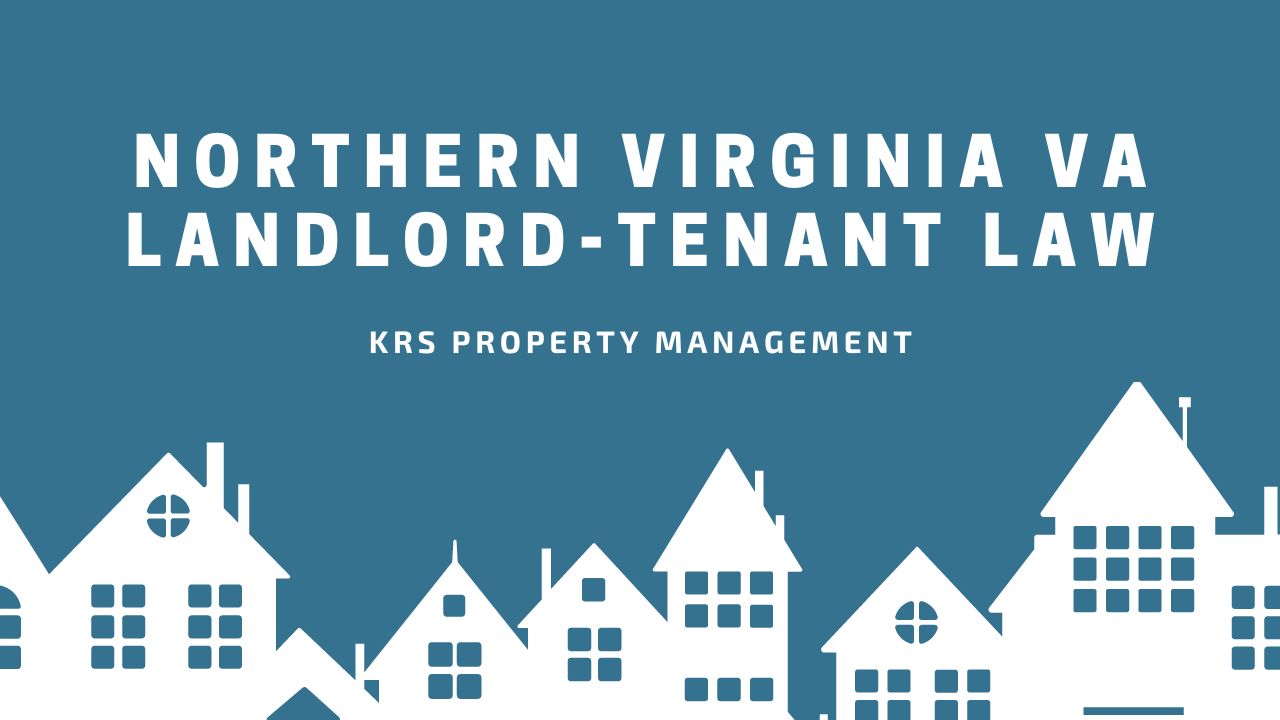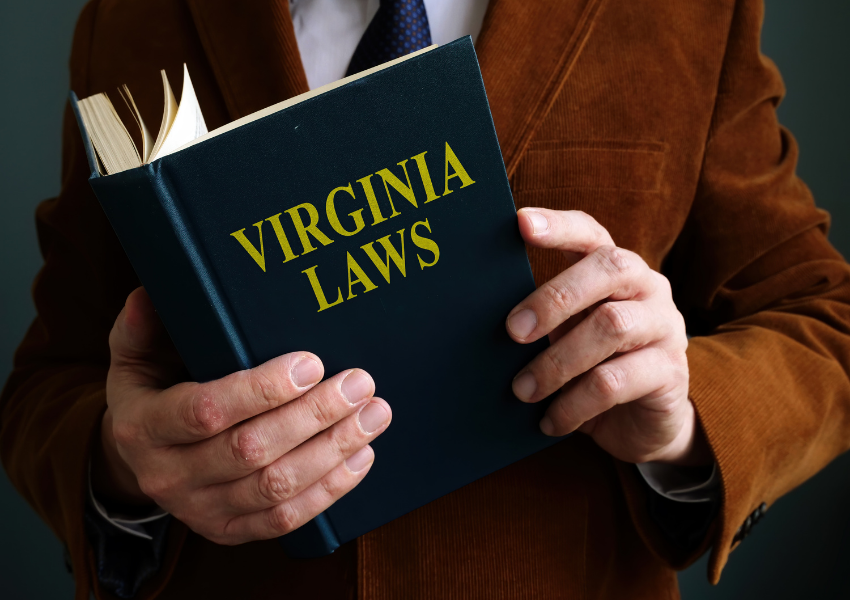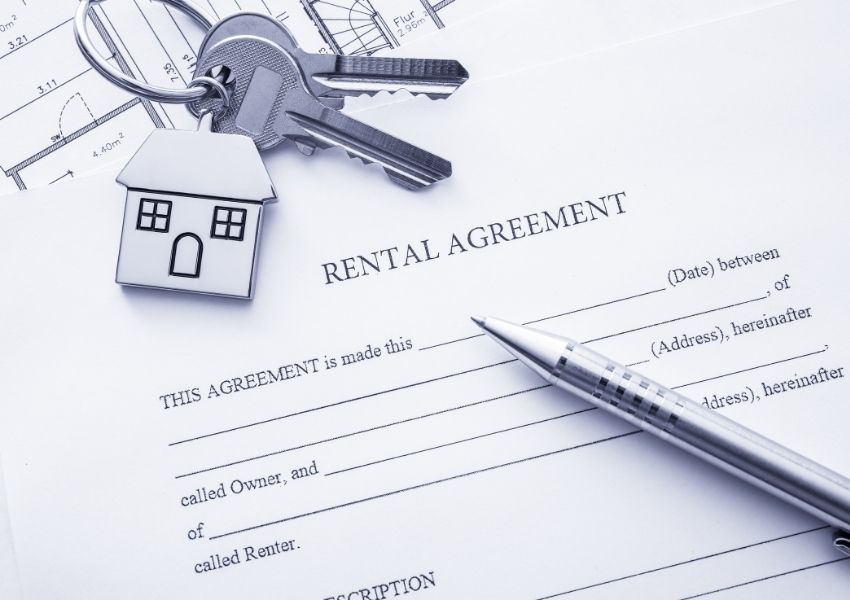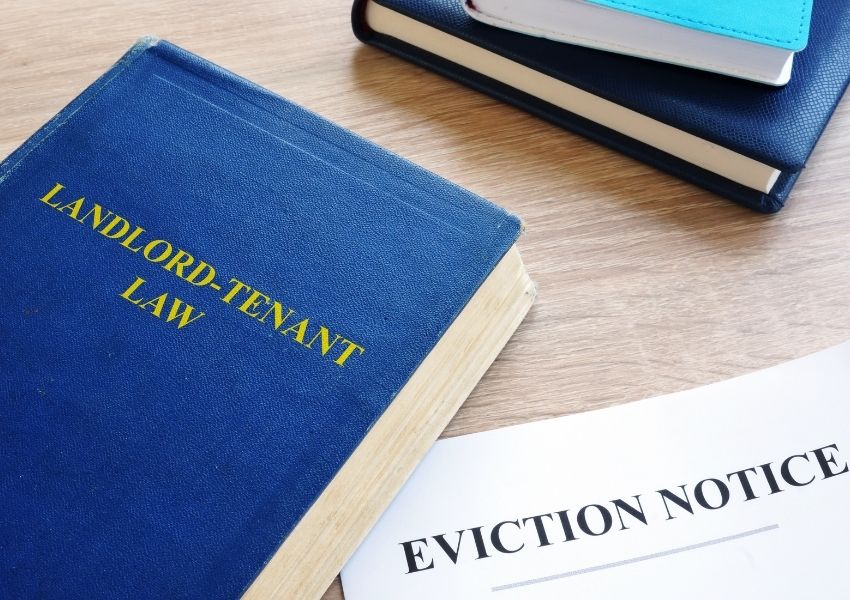
A lease can be established either orally or through a written agreement. Once the relationship has been established, both the landlord and tenant obtain certain rights and duties under residential landlord-tenant laws.
Tenants renting in Virginia have the legal right to live in a habitable housing and to have repairs done within a reasonable period of time, among other rights. On your part, as the landlord, you obtain the right to collect and raise rental payment amounts, legally evict tenants from the unit for rental agreement violations, request a security deposit fee and so on.
Such rights exist for the residential landlord and tenant regardless of whether there is a written agreement or not. It is also important for landlords to carefully document the handling of the security deposit to ensure compliance with Virginia landlord-tenant laws and avoid disputes.
For extra precaution, seeking appropriate legal assistance may be beneficial for landlords. If disputes arise, failing to comply with legal requirements may result in a court ruling against the landlord, including the possibility of being ordered to cover the cost of an attorney for the tenant.
Consider seeking qualified legal assistance
Here's what a landlord needs to know about the state's landlord-tenant law:
Required Landlord Disclosures

Under Virginia landlord-tenant law, landlords have a responsibility to disclose certain information to their renters. A Virginia residential landlord must do so before the tenant agrees to rent their rental premises. If the landlord doesn’t, their tenant could use that as a legally justified reason to terminate their rent period early.
Below are the mandatory disclosures Virginia landlords are required to make to their residents before the agree to rent in accordance with Virginia landlord-tenant law:
Lead paint. This is a requirement for homes built in 1978 or earlier. A residential landlord must provide notice to their tenant of any presence of lead-based paint in the unit.
Authorized agents. A tenant has a legal right to be given contact information regarding the unit’s provider or property manager.
Move-in checklist. Providers must provide the tenant with a move-in checklist. The checklist must, among other things, detail the property’s condition and inventory.
Defective drywall. Landlords provide notice to the tenant if there is defective drywall in the rental premises.
Mold. A landlord must give a prospective tenant notice about the presence of mold in the apartment or home.
The location is adjacent to notable zones. Landlords must let their residents know if their unit is located near a “noise zone” or an accident potential zone.
Displacement or demolition. This is only applicable to multifamily units where a displacement by a rehabilitation, demolition, or conversion of the rental is imminent within 6 weeks.
Shared utilities. A landlord must disclose how utility payments are going to be split between tenants, if applicable.
Tenant Rights and Responsibilities
Local landlord-tenant laws (According to the Landlord and Tenant Act) grants tenants the right to:
Live in peace and quiet enjoyment.
Live in a habitable rental property.
Continue living in their rented unit until the proper eviction process has been followed to remove them.
Have repairs done promptly after requesting them
Be given notice if there are any changes to the terms of the agreement.
Terminate the lease early for legally justified reasons, such as military deployment.
The list of responsibilities for tenants under law includes:
Keeping the rental premises in a clean and sanitary state throughout the lease term.
Complying with all regulations and building codes that impact their safety and health.
Using the provided appliances and facilities reasonably.
Ensuring they pay utility bills on time.
Notifying the landlord of any maintenance issues on time.
Respecting the peace and quiet of neighbors.
Removing trash and garbage.
Making rent payments on time.
Abiding by all lease terms including paying the agreed upon security deposit.
Landlords’ Rights and Responsibilities
The landlord-tenant act gives providers the following rights. The right to:
Begin the eviction process for a tenant violating any of the terms of the lease once they've sent the appropriate written notice.
Enforce the terms of the lease, such as imposing a late fee for late rent payments.
Require payment of security deposits by tenants before signing the lease agreement for their rental properties.
Draft written rental agreements that contains the rules of the tenancy for the dwelling unit.
Make changes to the terms of the lease agreement, for instance, if they wish to increase the monthly rent the tenant must pay for the dwelling unit. If a landlord fails, however, to seek their tenant’s approval with proper notice or wait for the existing agreement to end in order to make any changes to rent price, they may be subject to legal recourse.
Enter the tenant’s dwelling unit to perform critical landlord duties.
File a lawsuit in a small claims court for rent-related disputes valued at least $5,000.
The list of landlord responsibilities is as follows in the state:
Abide by Fair Housing Laws.
Abide by the Warranty of Habitability.
Evict tenants from the leasing in accordance with the state’s legal process.
If requiring a tenant's security deposit, do so in full compliance with security deposit rules.
Only enter a tenant’s dwelling unit after serving a proper notice.
Abide by all terms of the lease agreements.
Respond to requested issues within a reasonable period of time.
Maintain peace and quiet for the home or apartment building.
Provide a prospect with the required mandatory disclosure.
An Overview of the Landlord-Tenant Laws
1. Right of Entry
While you're the owner, it's not your personal property to use as you please. Landlord access to a tenant’s dwelling unit is, therefore, only permitted for specific reasons. Such reasons include:
Court orders.
In the event of an emergency.
To show the unit to prospective tenants.
To inspect the dwelling units.
When the tenant has abandoned the unit.
To make agreed repairs.
Despite being the rental property owner, the Virginia residential landlord must also enter only during normal business hours or as agreed by the tenant after serving them a 24-hour advance written notice.
2. Rental Evictions
Landlords have a right under landlord-tenant law to evict a tenant for violating a term of the rental agreement. Common reasons to evict a tenant include:
- A tenant fails to pay rent
- Violation of the lease or rental agreement
- Illegal acts
And even then, as the landlord, you must not engage in ‘self-help’ eviction tactics. It requires strict adherence to the Virginia eviction regulations for it to be legal and succeed.
3. Lease Termination in Virginia
Thelandlord-tenant act allows tenants to terminate their lease early for certain reasons, including:
An uninhabitable unit.
Active military duty.
Domestic violence.
If the landlord refuses to make repairs.
An early termination clause in the tenancy agreement.

4. Housing Discrimination
Within the landlord tenant act, the Fair Housing Act prohibits discrimination on the basis of certain characteristics. Landlords must be willing to rent to anyone regardless of race, color, religion, disability, nationality, age, sexual orientation, veteran status, income source, and familial status.
The Virginia Fair Housing Board is the government body tasked with enforcing and administering the law out of the Virginia Fair Housing Office.
Conclusion: Virginia Tenant-Landlord Law
Navigating Virginia landlord-tenant law can be difficult, especially for self-managing or inexperienced landlords.
For expert help, contact KRS Holdings today. We understand all renting laws and can also help any landlord in all property management aspects, such as finding and screening tenants to ensure they always pay their rent and fostering positive landlord tenant relationships.
Contact us for more information about our services in Richmond and Northern VA.
Disclaimer: Please note that the information provided in this blog is intended for general guidance and should not be considered as a replacement for seeking qualified legal assistance. It is important to be aware that laws pertaining to property management may change, rendering this information outdated by the time you read it.







